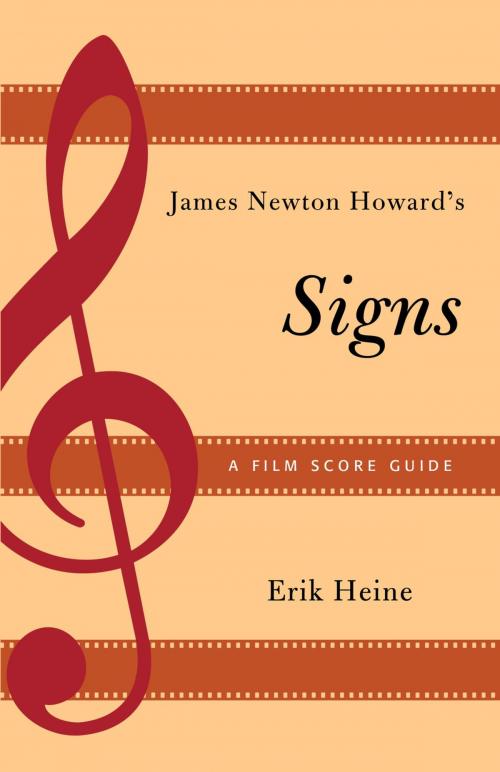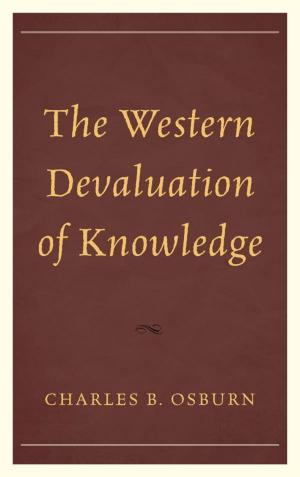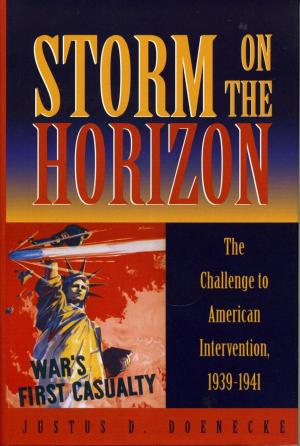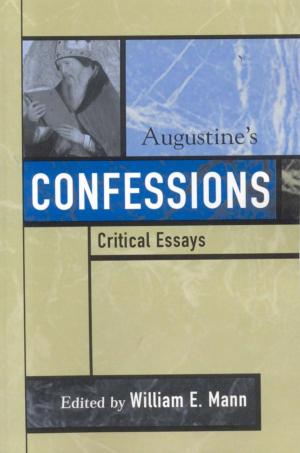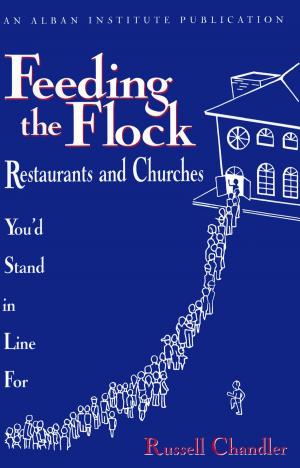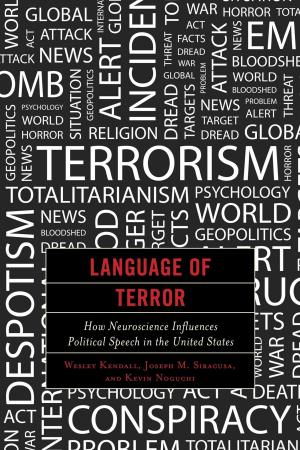| Author: | Erik Heine | ISBN: | 9781442256040 |
| Publisher: | Rowman & Littlefield Publishers | Publication: | January 14, 2016 |
| Imprint: | Rowman & Littlefield Publishers | Language: | English |
| Author: | Erik Heine |
| ISBN: | 9781442256040 |
| Publisher: | Rowman & Littlefield Publishers |
| Publication: | January 14, 2016 |
| Imprint: | Rowman & Littlefield Publishers |
| Language: | English |
Released in 2002, M. Night Shyamalan’s Signs was the director’s follow-up to The Sixth Sense and Unbreakable, and his third collaboration with composer James Newton Howard. Well received by audiences and critics alike, the film was often cited by reviewers for its music. With its dependence on a single motive, the score is unique in Howard’s career, and one of his most effective and haunting works.
In James Newton Howard’s Signs: A Film Score Guide, Erik Heine provides the first close reading of the composer’s work. Heine discusses Howard’s musical style and influences, as well as his ability to compose for a variety of genres, acknowledging him as one of the most versatile composers working today. The book shows how early sketches of cues for Signs were developed into the final score, allowing the reader insight into Howard’s compositional process. The book also demonstrates how Howard’s style is difficult to pigeonhole, since his focus is on serving the needs of the film.
Drawing on completed orchestrated scores, as well as other material from the James Newton Howard Archive at the University of Southern California, the level of musical detail provided in this volume is unsurpassed. As a book that addresses Howard’s compositional style—and the only volume that significantly examines the music in any Shyamalan film—James Newton Howard’s Signs: A Film Score Guide will be of interest to music scholars, film scholars, and fans of the composer’s work.
Released in 2002, M. Night Shyamalan’s Signs was the director’s follow-up to The Sixth Sense and Unbreakable, and his third collaboration with composer James Newton Howard. Well received by audiences and critics alike, the film was often cited by reviewers for its music. With its dependence on a single motive, the score is unique in Howard’s career, and one of his most effective and haunting works.
In James Newton Howard’s Signs: A Film Score Guide, Erik Heine provides the first close reading of the composer’s work. Heine discusses Howard’s musical style and influences, as well as his ability to compose for a variety of genres, acknowledging him as one of the most versatile composers working today. The book shows how early sketches of cues for Signs were developed into the final score, allowing the reader insight into Howard’s compositional process. The book also demonstrates how Howard’s style is difficult to pigeonhole, since his focus is on serving the needs of the film.
Drawing on completed orchestrated scores, as well as other material from the James Newton Howard Archive at the University of Southern California, the level of musical detail provided in this volume is unsurpassed. As a book that addresses Howard’s compositional style—and the only volume that significantly examines the music in any Shyamalan film—James Newton Howard’s Signs: A Film Score Guide will be of interest to music scholars, film scholars, and fans of the composer’s work.
